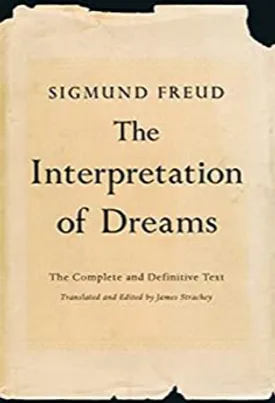Sigmund Freud
Sigmund Freud is a well-known author, doctor, and psychologist who is considered to be the founder of psychoanalysis. Born on May 6, 1856 in Freiberg, Moravia (which is now part of the Czech Republic), Freud was a prolific and influential scholar who spent much of his life exploring the inner workings of the mind. He has been described as “one of the most influential minds of the 20th century.”
Freud's early works focused on neuroscience and how mental states function. His most famous book, The Interpretation of Dreams, was published in 1900 and is often regarded as the foundation for psychoanalysis. In this book, Freud proposed that the unconscious contains much of our understanding and behavior, often manifesting itself through dreams. He developed his own theories of id, ego and superego, which describe the various aspects of the personality. Throughout his lifetime, Freud published more than 300 papers and books, spanning a variety of topics from neurology to child psychology.
Aside from The Interpretation of Dreams, some of Freud's most celebrated works include Three Essays on the Theory of Sexuality (1905), Beyond the Pleasure Principle (1920), and The Ego and the Id (1923). In Three Essays on the Theory of Sexuality, Freud explored his controversial theories of sexuality, arguing that libido is a powerful force that drives many of our behaviors and decisions. On the other hand, Beyond the Pleasure Principle delved into the idea of death drive and how the move towards death is a part of the human condition. Finally, The Ego and the Id presents Freud's full psychoanalytic framework and discusses the relationships between the conscious and unconscious mind.
Freud's theories have also had an impact on numerous other fields, particularly psychology and film studies. Perhaps one of the best-known contributions Freud made to psychology was in his work on defense mechanisms, which greatly influenced psychoanalytic theory. His theories of the unconscious and repressed memories have also been influential in areas such as psychoanalysis and psychotherapy. Finally, his work has been highly influential in film studies, with the theories of wish fulfillment, repressed memory, and sexual desire all appearing in numerous films.
One of the greatest contributions Freud made to our understanding of the human mind is the open-mindedness to explore the depths of our psyche. His belief that mental health issues were rooted in our unconscious led to his development of psychoanalytic therapy and his exploration of the various levels of the psyche. Though some of his theories have become outdated, many of his works remain widely read and studied. As such, Freud's legacy remains influential in the field of psychology and beyond.

